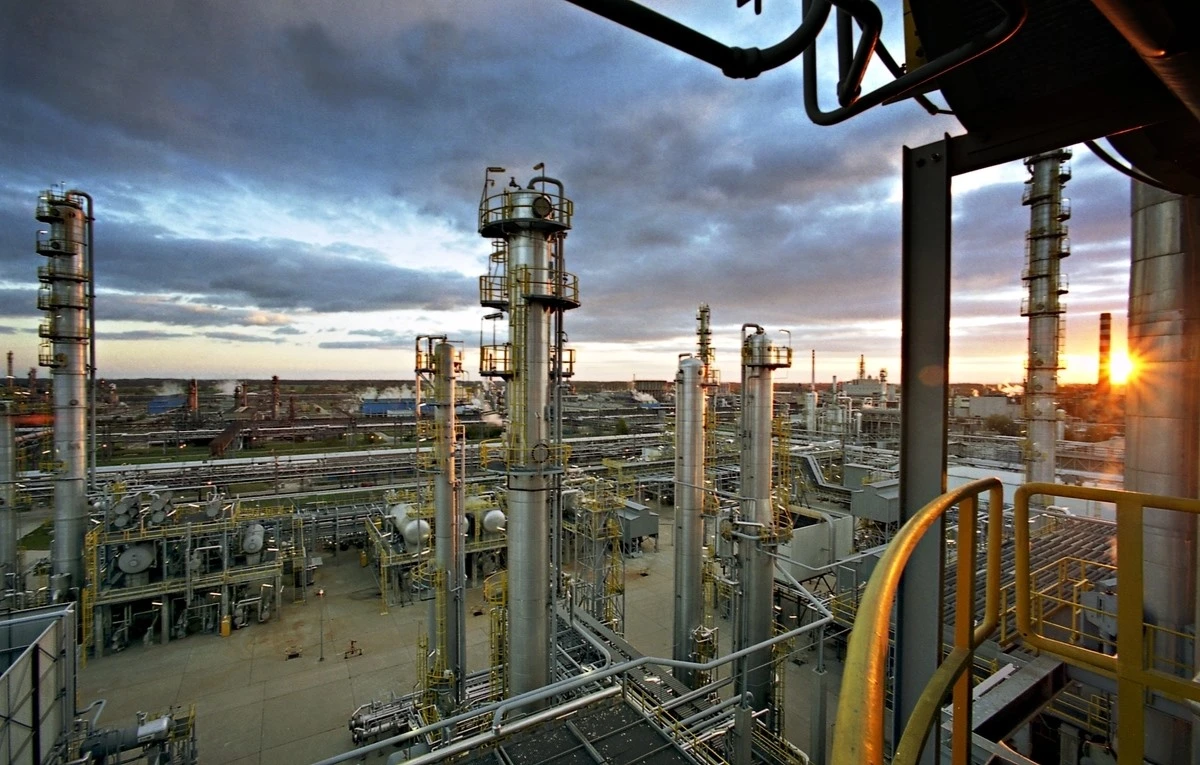The Hungarian state does not want to give up Russian oil – here is why

There has been heated debate in the European Union about Hungary’s insistence to keep Russian oil coming to the country ever since the start of Russia’s war in Ukraine. The Orbán cabinet constantly tells the public that the reason is protecting Hungarian families, suggesting that without Russian oil, there would not be enough resources in the country. But is that really the truth?
According to experts asked by Index, the Hungarian government collects an excess profit tax on the margin between Russian oil and Brent oil. Thus, diversification is not important for the cabinet, as it would lose out on a lot of money. On top of that, it is also inconvenient and expensive for MOL, Hungary’s main oil and gas company, to change a “well-established strategy”.
The Czech Republic made up its mind
At the same time, while the Czech Republic is in the same exact situation geopolitically as well as regarding the country’s energy sector and energy demand as Hungary, Czechia has already taken determined steps to detach itself from Russian oil.
The Czech state-owned company Mero announced at the end of May that more than a year after the war, it was finally possible for them to divest from Russian oil. Mero is financing the expansion of the Transalpine oil pipeline, which will transport oil from the port of Trieste in Italy to central Europe, with USD 73 million. This will double the capacity of the pipeline from 2025, Index explains. Like Hungary, Czechia had also been supplied via the Druzhba pipeline: however, the EU member state has already let go of Russian gas.
Szijjártó: We want to diversify but we do not want to replace Russian gas
In a brief interview with the Russian portal Interfax, Hungarian foreign minister Péter Szijjártó said that there are no plans to replace Russian gas. Meanwhile, a day earlier, he announced that 100 million cubic meters of natural gas will arrive in Hungary from Azerbaijan, Index reports.
On 2 June, Szijjártó announced on his Facebook page that Hungary’s MVM CEEnergy and Azerbaijan’s SOCAR had signed an agreement under which 100 million cubic metres of natural gas will arrive in Hungary from Azerbaijan by the end of the year. In contrast, he told a Russian newspaper, Interfax, that Hungary does not want to stop importing Russian gas, but wants to diversify gas imports.
“We will not replace Russian supplies – neither oil nor gas. Russia is our reliable partner: Gazprom and oil producers alike. Another issue is diversification. But from our point of view, this does not mean that we want to replace one source with another. Diversification for us means that we are looking for other sources, but not with the aim of replacing Russian sources,” Szijjártó said.
Source:






Saudi Arabia is cutting oil production by 1 million barrels a day. Prices of oil will rise. Hungary would be naive to give up its guaranteed supply.